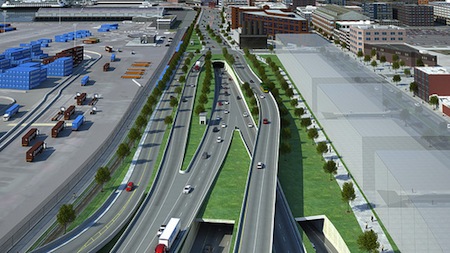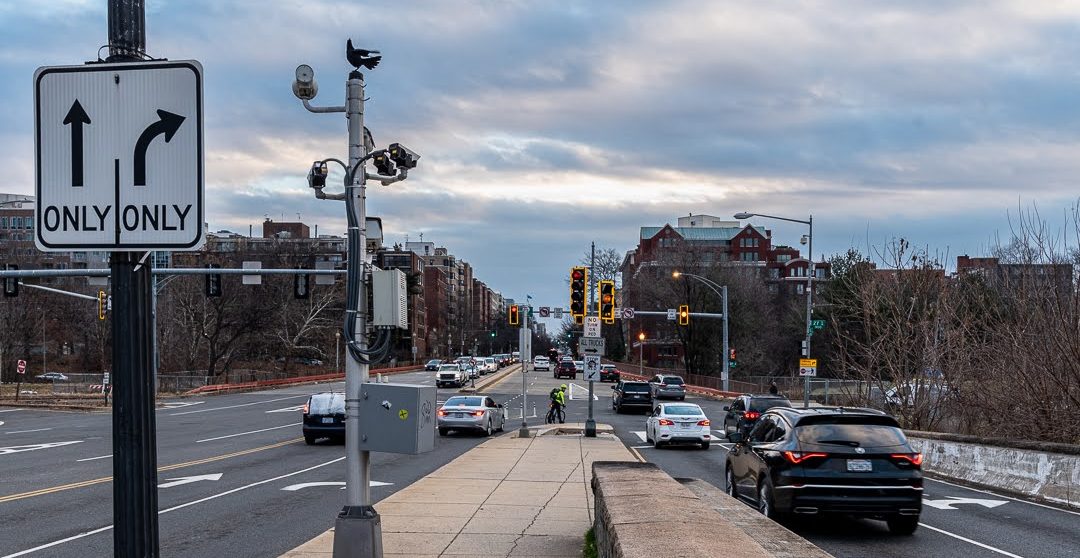Matt Yglesias made an excellent point about NIMBYs over at Slate yesterday. Writing about opposition to multifamily residential construction in the tony neighborhood near Lake Calhoun in Minneapolis, Yglesias wondered how much value residents really place on keeping the area a "single-family residential community."

Just because there's value in something doesn't mean people are willing to pay for it. Yglesias likens it to his third-generation iPad. "There would undeniably be a value in upgrading it to a fourth-generation iPad," he says, but "it's not worth what it would cost."
So how much do the residents of Lake Calhoun value keeping their neighborhood single-family? Enough to let the entire rest of the city pay for it. But enough to pay for it themselves? Not a chance. Yglesias lays it out:
One thing [the] neighborhood group could do is look at the land they don't want to see developed and buy it, thus leaving them free to do what they want with it. But they don't want to do that, presumably because even though there's "a value" in getting their way it's less than the value of using the land for higher-density construction. What they want to do instead is get the city government to block the high-density construction, because that way the cost is spread across the entire population of Minneapolis in the form of foregone tax revenue.
The Minneapolis housing example reminds me of debates around the value of congestion-free roads. When roads are congested, many commuters jump to the "let's build a wider road" approach, meaning all the taxpayers should pick up the tab to make their morning drive to work faster. But would these same commuters pay directly to speed their commute?
Clark Williams-Derry of Seattle's Sightline Institute once told me that the highway lobby often places more value on the time people waste in traffic than the drivers themselves do:
If you actually make people pay out of pocket to get a faster trip, people aren’t willing to spend that much. We have two bridges across Lake Washington. One has to be replaced. They put a toll on it to help pay for the project, and immediately traffic plummeted. People are driving around to get to other side, driving on the other road, sitting through congestion, timing their trips differently in order to avoid tolls. People really, if they have to pay out of pocket for a quicker trip, they don’t place much value on it.
So we’re expecting taxpayers to foot the bill for things the drivers themselves will not pay for.
An even more stunning example of this comes from another Seattle road project, the Alaskan Way Viaduct, projected to cost about $4 billion. "The total amount they think they can raise from toll-payers for this project is $200 million," Williams-Derry said. "So we’re expecting taxpayers to pay 20 times as much as drivers themselves are going to pay."
It's what Yglesias calls the "push the costs onto other people" plan. The few who benefit from bad urban policy want the cost to be borne by the many who suffer from it.





